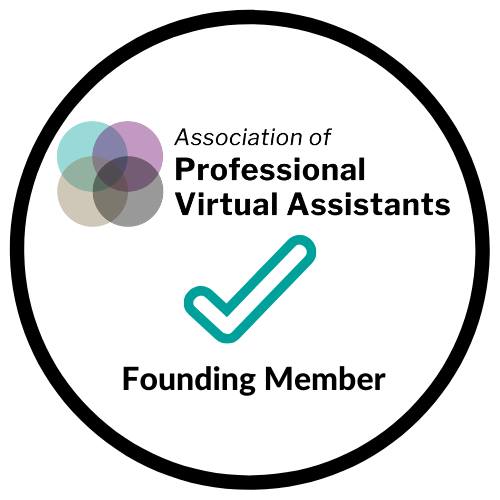As a work-from-home mum, I appreciate that it can be difficult, juggling work and home. You start out with the best intentions, but we all have off days and things that just get in the way and take our time and attention. In your situation you may not be a work-from-home mum but instead, you might be juggling another job, a hobby, supporting a charity – these productivity hacks are just as relevant for you as they are me.
Here are 10 simple productivity hacks to help you remain in control of your business and your sanity!
1. Have a morning routine
According to studies, you’re most productive in the first two hours after waking up – so make the most of this time. Look to get up early and stop hitting that snooze button! Review what’s on your agenda for today and get your mind-set right, before you start work.
2. Focus on one thing at a time
You’re only able to truly give your all to one thing at a time – so stop multitasking! Decide instead, to focus on one task at a time and give it your all.
3. Set clear boundaries
You’ll achieve more if you set clear boundaries, so make sure everyone knows not to disturb you whilst you’re working.
4. Opt for peace and quiet
You’ll get more done if you can totally focus on the task at hand, so turn off all notifications – both on your laptop and mobile phone.
5. Take regular breaks
Studies have shown that you can achieve more, if you take regular breaks – 15 minute breaks after every 46-60 minutes of work. You’ll stay more alert and feel better if you use these break times to go outside and stretch your muscles – so opt for a quick walk in the fresh air.
6. Break goals down into manageable chunks
Having a big future-based goal is great, but it can also lead to overwhelm and disappointment, especially if you feel you’re taking too long to get to that desired end result. Look to break all of your goals down into small manageable chunks, so you can easily reach them and celebrate those smaller achievements.
7. Take stock regularly
It can be easy to get so focused on work, you forget to take the time to acknowledge how far you’ve come, so look to take stock regularly. Not only will this give you the chance to celebrate what you’ve achieved, it’s also the perfect time to check you’re in the right direction and make any necessary tweaks to keep you on course.
8. End the day by preparing for tomorrow
Spend 15 minutes at the end of each day, preparing your task list for tomorrow. This helps you to make sure anything that needs carrying over is remembered, plus it helps you switch off at the end of each day.
9. Stop trying to be a superhero
You don’t have to do everything yourself – whether it’s home or work related. Ideally, you’ll want to be left with only those tasks and projects you either love and/or are your key strengths. So give yourself a breather and…
10. Get comfortable with delegating and outsourcing
If you want your business to grow, you really do need to start delegating and outsourcing. Not only does it help prevent you burning out, it gives you access to additional skills and talents you would otherwise have to learn yourself – and it means you can get the job done faster and often, more efficiently than going it alone.
What’s your best productivity hack for staying in control of your business and sanity? Have we already listed it above or is it something you want to add to our list? Why not share your hints, tips and hacks in the comments box below!





